China's Ministry of Culture and Tourism and the Ministry of Public Security on Wednesday jointly released a notice to strengthen the standardized management of large-scale commercial performance events with an audience of more than 5,000 people, in which a real-name ticket purchase and entry system will be required, in order to promote the sound development of the performance market and to combat ticket scalpers.
Each identification card can only purchase one ticket for one performance event, and the identity information of the ticket purchaser has to match that of the person who enters the venue. The organizers of the performance event and the ticket sales platform should strengthen consumers' privacy protection to prevent unauthorized access, said the notice.
Also, the number of tickets sold to the public should not be less than 85 percent of the audience capacity. For the remaining 15 percent of the tickets, personal information needs to be bound with the tickets within 24 hours before the performance, as a way to ensure "real-name entry,” according to the notice.
The relevant departments have been making efforts to establish a healthy performance market. Police in North China's Tianjin said on Saturday that 22 suspects have been arrested for scalping tickets for Chinese singer Jay Chou's Tianjin concert.
The performance market has recovered rapidly, and the number of large-scale commercial performance events such as concerts and music festivals have increased. Meanwhile, problems such as ticket speculation and scalping, irrational star-chasing, and uncivilized behavior have also become prominent at some events.
The performance organizers should establish a ticket refund mechanism for large-scale performance events, protecting the legitimate refund rights of consumers, said the notice. They also should clearly indicate the authorized ticketing agencies and guide consumers to purchase tickets through legal channels.
The public security organs should step up efforts to crack down on illegal and criminal activities such as ticket scalping and fraud, both online and offline, according to the authorities.








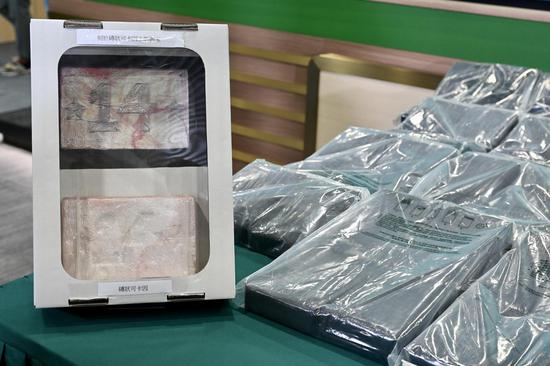
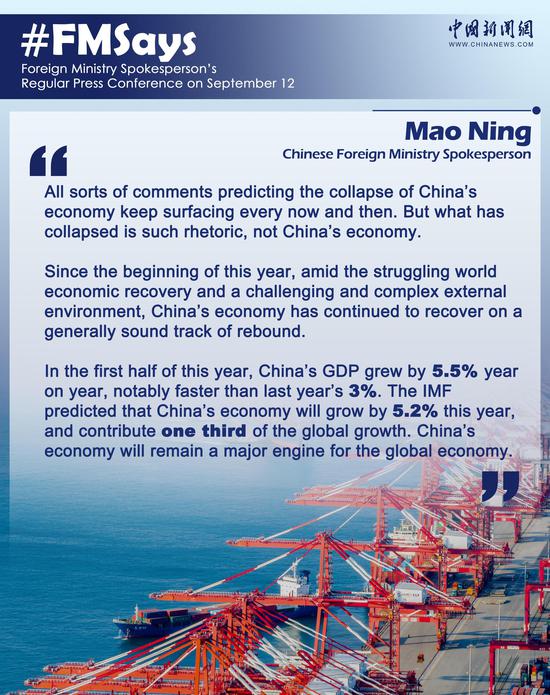
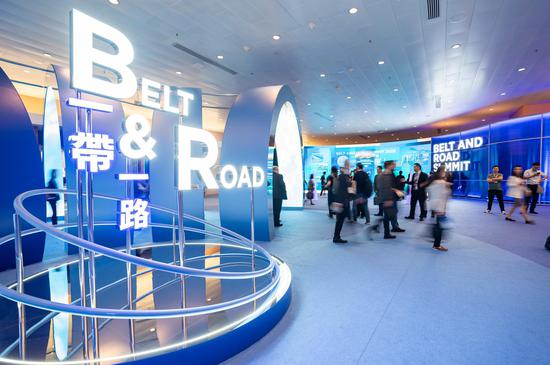
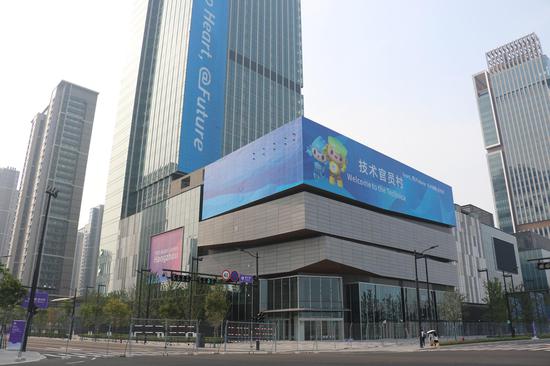




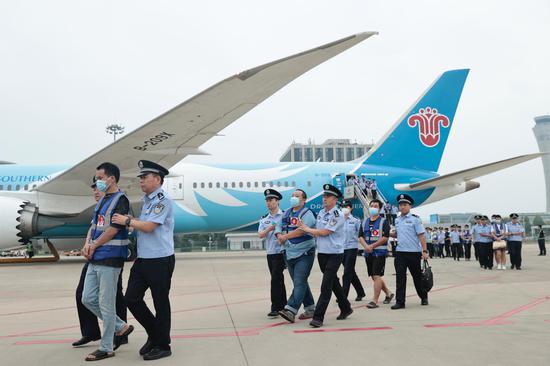

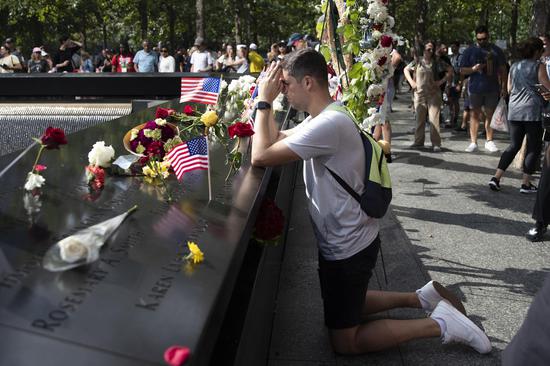







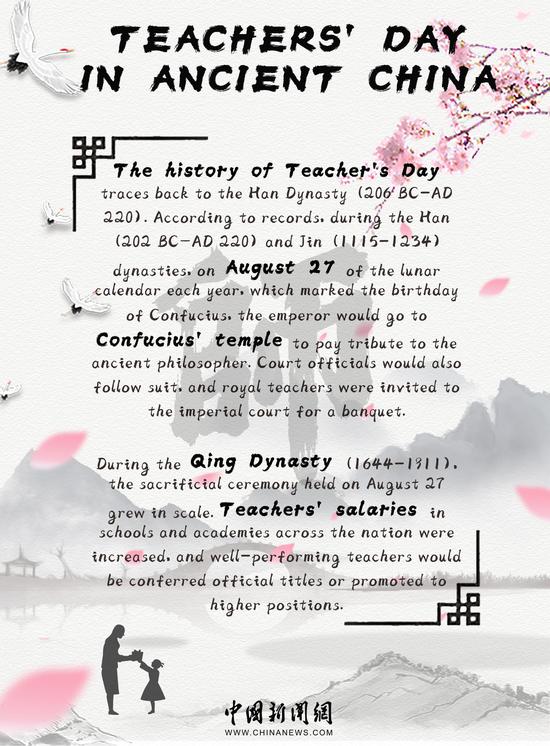









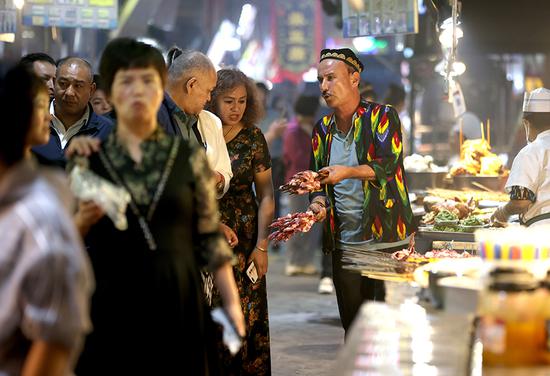













 京公网安备 11010202009201号
京公网安备 11010202009201号